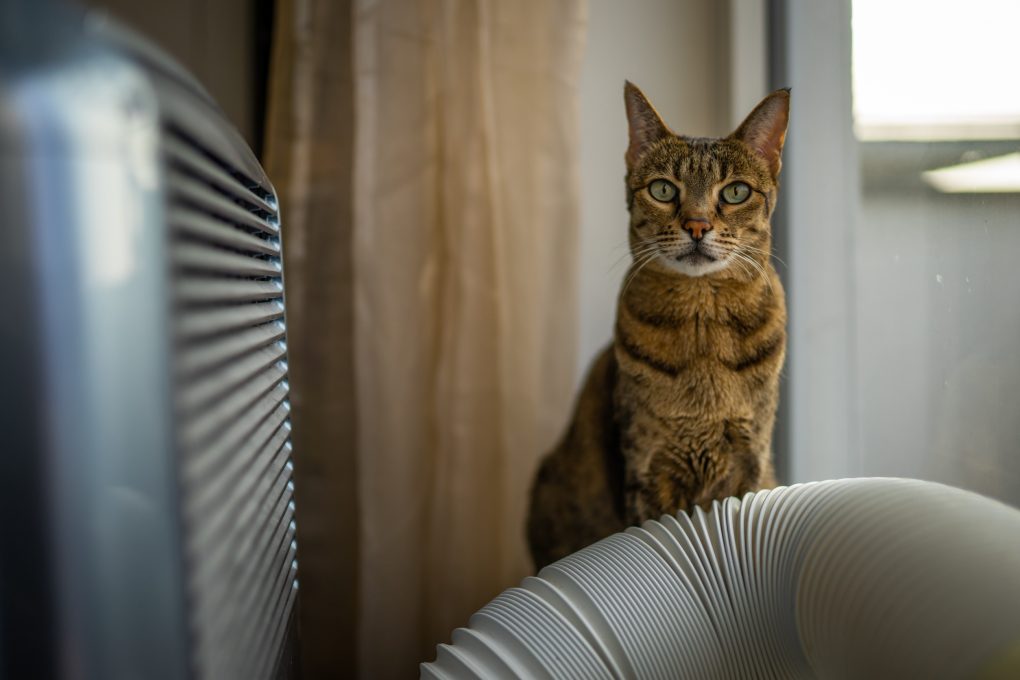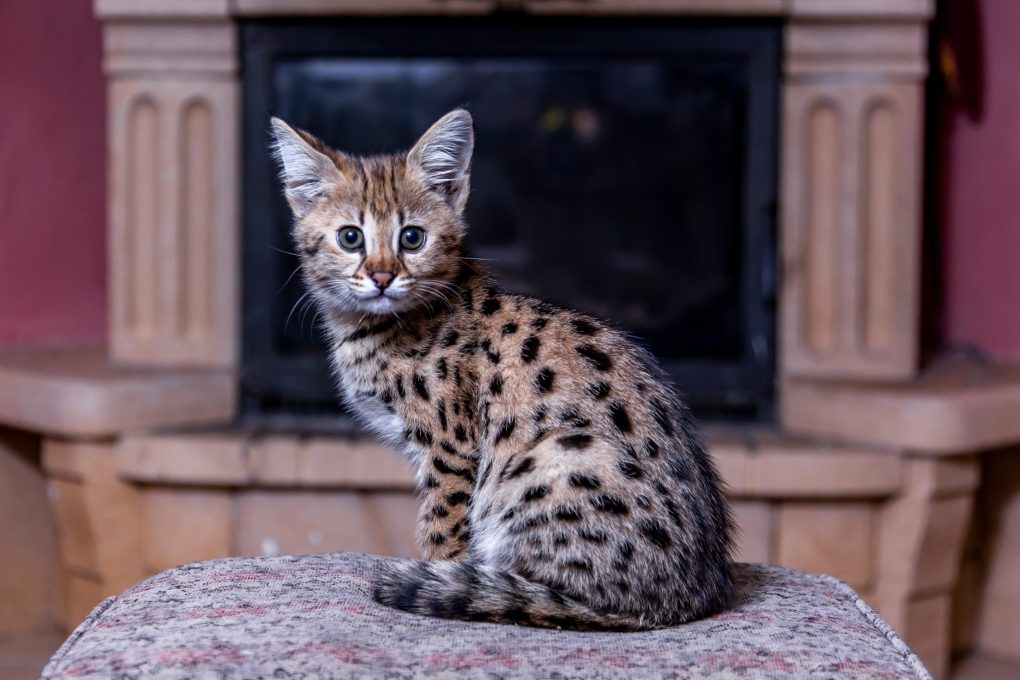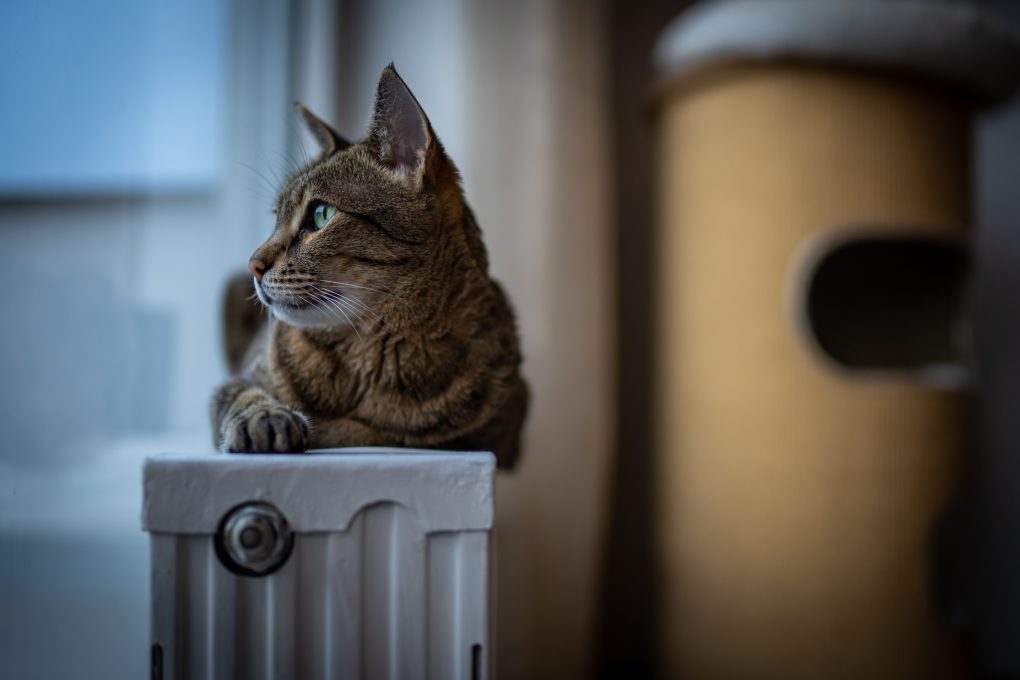Can You Have a Savannah Cat as a Pet: What You Need to Know About Savannah Cats as Pets
Yes, Savannah cats can be kept as pets. Savannah cats are a breed of domestic cat that is a hybrid of a domestic cat and a wild African serval cat. They are known for their distinctive appearance: long legs, large ears, and a unique pattern of spots and stripes. However, owning a Savannah cat can come with specific responsibilities and requirements, as these cats are highly active, intelligent, and social animals that need a lot of attention. And you might wonder if Savannah cat is legal in all parts of the country. It’s a must to know before owning one.


Table of Contents
Pros of Owning Savannah Cat
- Unique appearance: Savannah cats are known for their distinctive appearance, with long legs, large ears, and a unique pattern of spots and stripes.
- Intelligence: Savannah cats are known to be highly intelligent and trainable, and they may be able to perform tricks or other behaviors with proper training.
- Social behavior: Savannah cats are known to be social and affectionate, and they may enjoy spending time with their owners and playing with other pets.
- Energy level: Savannah cats are highly active and energetic, which can benefit those who enjoy playing and interacting with their pets.
- Independent personality: While Savannah cats are social, they are independent and can be comfortable alone for periods.
Cons of Owning Savannah Cat
- Cost: Savannah cats are a relatively new breed, and they can be more expensive than other breeds of domestic cats.
- Size: Savannah cats are larger than traditional domestic cats and may require more space and specialized equipment, such as a tall scratching post.
- Energy level: Savannah cats are highly active and energetic, which can be a con for those who prefer a more low-key pet.
- Training: Savannah cats are intelligent and trainable, but they may require more training and attention than other breeds of domestic cats.
- Specialized diet: Savannah cats may require a specialized diet and may be more prone to specific health issues, such as dental problems or heart disease.
- Independent personality: While Savannah cats are social and affectionate, they also have an independent personality and may not be as cuddly or affectionate as other breeds of domestic cats.
Savannah Cat Breed Features


- Size: According to ASPCA Pet Health Insurance, Savannah cats are more prominent than traditional domestic cats, weighing up to 20 pounds.
- Appearance: Savannah cats are known for their distinctive appearance, with long legs, large ears, and a unique pattern of spots and stripes.
- Intelligence: Savannah cats are known to be highly intelligent and trainable, and they may be able to perform tricks or other behaviors with proper training.
- Social behavior: Savannah cats are known to be social and affectionate, and they may enjoy spending time with their owners and playing with other pets.
- Energy level: Savannah cats are highly active and energetic and may enjoy playing and exploring their environment.
- Independent personality: While Savannah cats are social, they are independent and can be comfortable alone for periods.
- Hunting instinct: Savannah cats have a strong hunting instinct and may enjoy playing with toys that mimic prey.
Grooming Requirements of Savannah Cats
Savannah cats have moderate grooming requirements; regular grooming can help maintain their health and appearance. Some tips for grooming a Savannah cat include:
- Brushing: Regular brushing can help remove loose fur and prevent matting, particularly during the shedding season. A metal comb or slicker brush can gently remove tangles and mats from the fur.
- Bathing: Savannah cats do not require regular baths, but they may need a bath if they get into something dirty or smelly. Be sure to use a mild, cat-specific shampoo to avoid irritating their skin.
- Nail trimming: Regular nail trimming can help prevent painful tears and cracks in the nails and prevent damage to furniture and other household items.
- Ear cleaning: Regular ear cleaning can help prevent infections and other ear problems. A soft, damp cloth or cotton swab can be used to gently clean the ears, being careful not to insert the cloth or swab too deeply into the ear canal.
- Teeth cleaning: Regular teeth brushing and dental care can help prevent tooth decay, gum disease, and other oral health problems in Savannah cats.
Diet of Savannah Cats
- Quality food: Choose high-quality, commercial cat food that meets the nutritional needs of adult cats. Wet, dry, or a combination of both can be offered.
- Protein-rich diet: Like all domestic cats, Savannah cats are obligate carnivores and require a diet rich in animal-based protein. Look for food that lists a high-quality animal protein, such as chicken, fish, or lamb, as the first ingredient.
- Avoid fillers: Avoid foods that contain a high percentage of filler ingredients, such as corn, wheat, or soy, as these are less nutritious for cats.
- Hydration: Always offer fresh, clean water to hydrate your Savannah cat. Wet food can also provide additional hydration.
- Portion control: Avoid overfeeding your Savannah cat, as obesity can lead to health problems such as joint pain, respiratory difficulties, and an increased risk of certain diseases. Follow the feeding guidelines on the food label, and consider portion control measures if necessary.
Savannah Cat Training and Care
Exercise
Savannah cats are playful and active cat breeds that require a lot of exercise. The average Savannah cat needs about two hours of daily exercise and can be taught to play catch, string, or climb poles. These cats also like to play with toys and engage in various activities.


Savannah cats are easy to train and enjoy playing fetch and other games. They need a room with a high ceiling so they can jump. Like all other cats, Savannah cats might run away too if they feel bored or seek an adventure. Therefore, it is vital to provide them with a good play area. If you want a cat that requires a lot of exercises but does not have time for long walks, the Savannah cat breed may be ideal for you.
Training
Savannah cats are playful and active animals requiring much physical and mental stimulation. Training a Savannah cat takes time and patience but is well worth it in the long run. To train your cat, you must establish good communication and create a positive relationship with the pet.
The key to training a Savannah cat is establishing good communication and positive relationships with your pet. It can be challenging to train a cat that is not receptive to change or fearful of new situations. Cats are intelligent animals, and they can be trained to perform basic commands such as sit, stay, come, and down. However, it requires patience and consistency to succeed in cat training.
